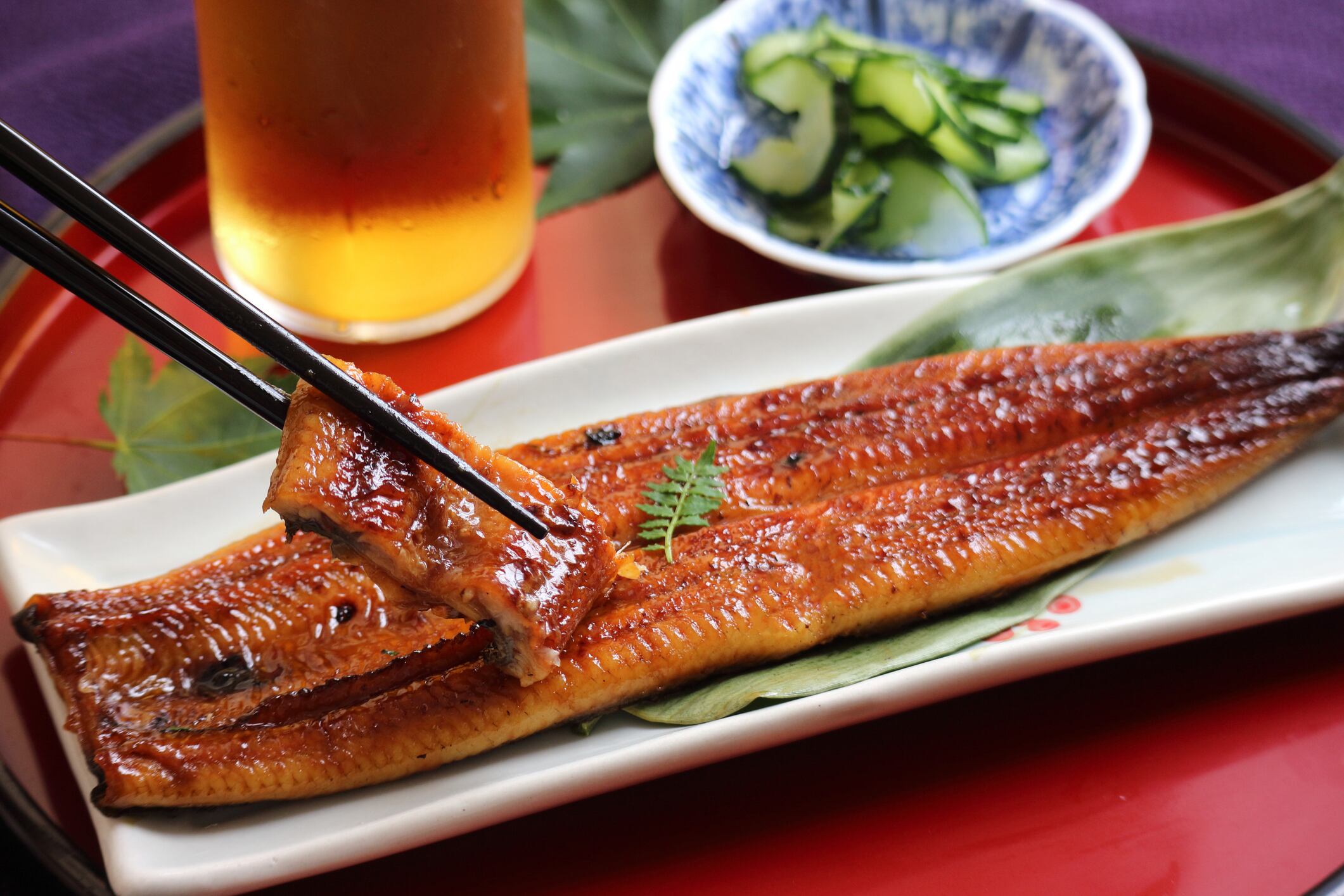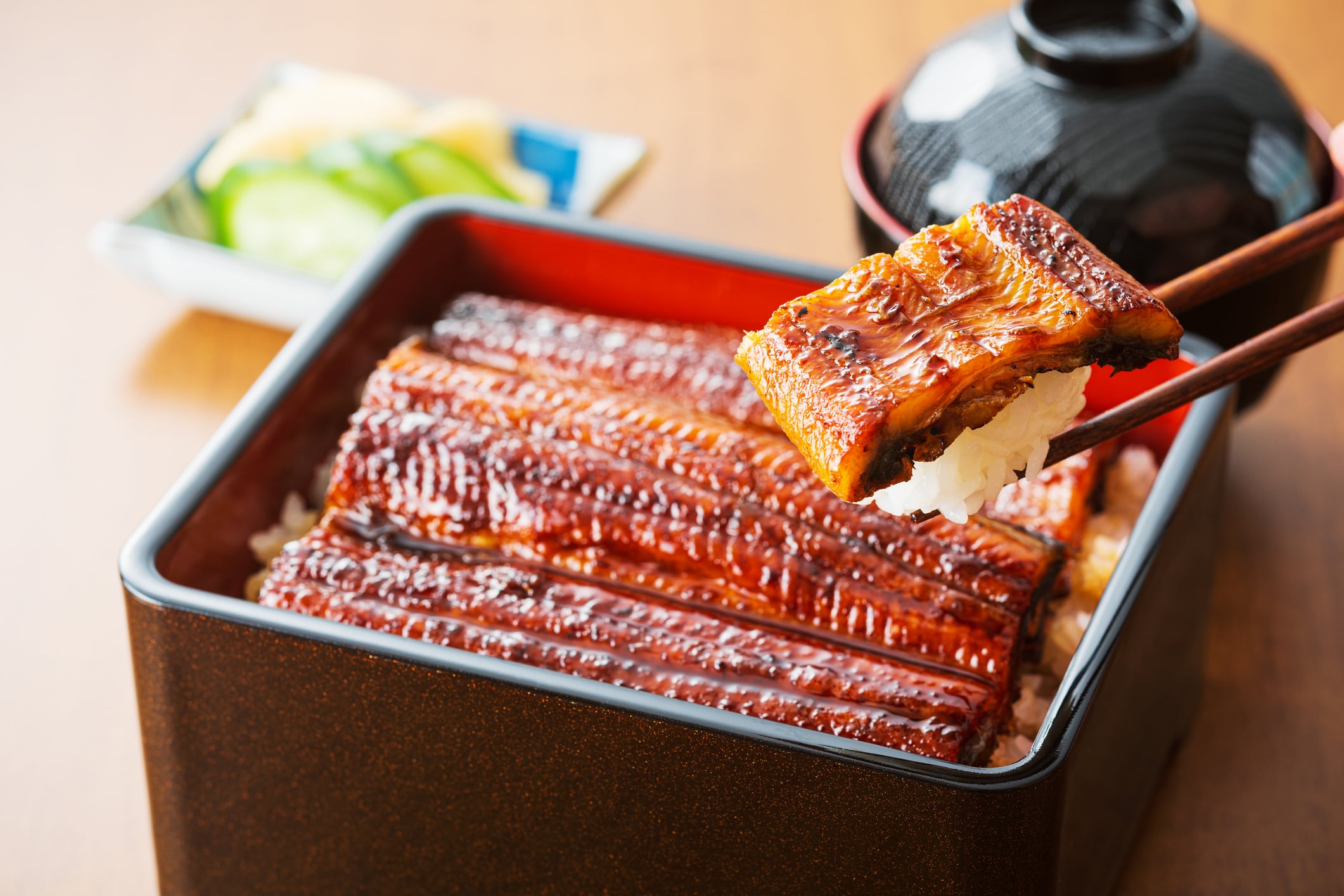The decision was made through secret ballot on November 27, with 74.07 per cent of votes cast against the proposal to add American and Japanese eel species to Appendix II under the Convention on International Trade in Endangered Species of Wild Fauna and Flora (CITES).
A total of 143 countries voted, with 35 countries in favor and 100 countries against the proposal. Eight countries abstained.
The proposed measures aimed to closely monitor and control their international trade to prevent the decline of eels.
Japan, which relies on imports from China, Taiwan, and South Korea to meet domestic demand for eels, was among the strongest voices against the proposal.
“This proposal is not supported by science. Not only the FAO but also the CITES secretariat have concluded that Japanese eel and American eel do not meet the listing criteria of population decline. Therefore, the basic foundation of this proposal has already been lost,” said the Japanese official before the vote.
However, the European Union (EU) highlighted “issues” of the cited FAO study and pointed to other scientific literature, including from “distinguished academic sources in Japan”, which raise conservation concerns.
The inclusion of American and Japanese eels was driven by their close physical similarities, which make it easy for traders to mislabel or mix the species.
However, Japan, China, and Korea highlighted the latter’s development of a rapid on-site identification kit, which could identify eel species within 20 minutes.
“The inclusion of all angular species for look-alike reason is unfounded. There is no difficulty in enforcing the current listing of only the European eel. Quick tests for eel species identification are already commercially available. Smuggling of European eels can be and has been detected and prosecuted,” said the Chinese official.
EU stands by proposal
The EU had proposed a blanket inclusion to ensure trade would be legal, traceable, and sustainable.
“This proposal does not prohibit trade. It is designed to protect existing, legal, well-managed fisheries and the communities that depend on them, while closing loopholes that currently benefit criminal networks and undermine legitimate operators,” said the EU delegate.
He highlighted that eels were highly vulnerable to overfishing and illegal trade, noting that 99% of eels eaten globally today are from threatened species.
“European, American and Japanese eels have all suffered major historical declines and remain heavily depleted persistent illegal trade in United States, Canada, Japan and elsewhere continues to add pressure. Both the non-listed American eel and Japanese eel are categorised as endangered by the IUCN due to declines exceeding 50% across their ranges over three generations.”
As the eels, especially juvenile eels, can be difficult to tell apart, the EU proposed a blanket inclusion of all species to curb any illegal activity.
“Despite the EU’s export ban on European eels, since 2010, authorities continue to seize large quantities of illegally traded juvenile meals destined for aquaculture farms in East Asia. This shows that traffickers exploit regulatory gaps between listed and non-listed Anguilla species by mixing them or mislabelling shipments.”
However, Japan argued that it was the “primary responsibility of EU itself to address their own problem,” and imposing the regulations would be “unreasonable” to other countries.
“This unbalanced and excessive regulation will pressure limited resources for other truly endangered species.”
The decision to reject the proposal will be finalised at a general meeting to be held in December.




